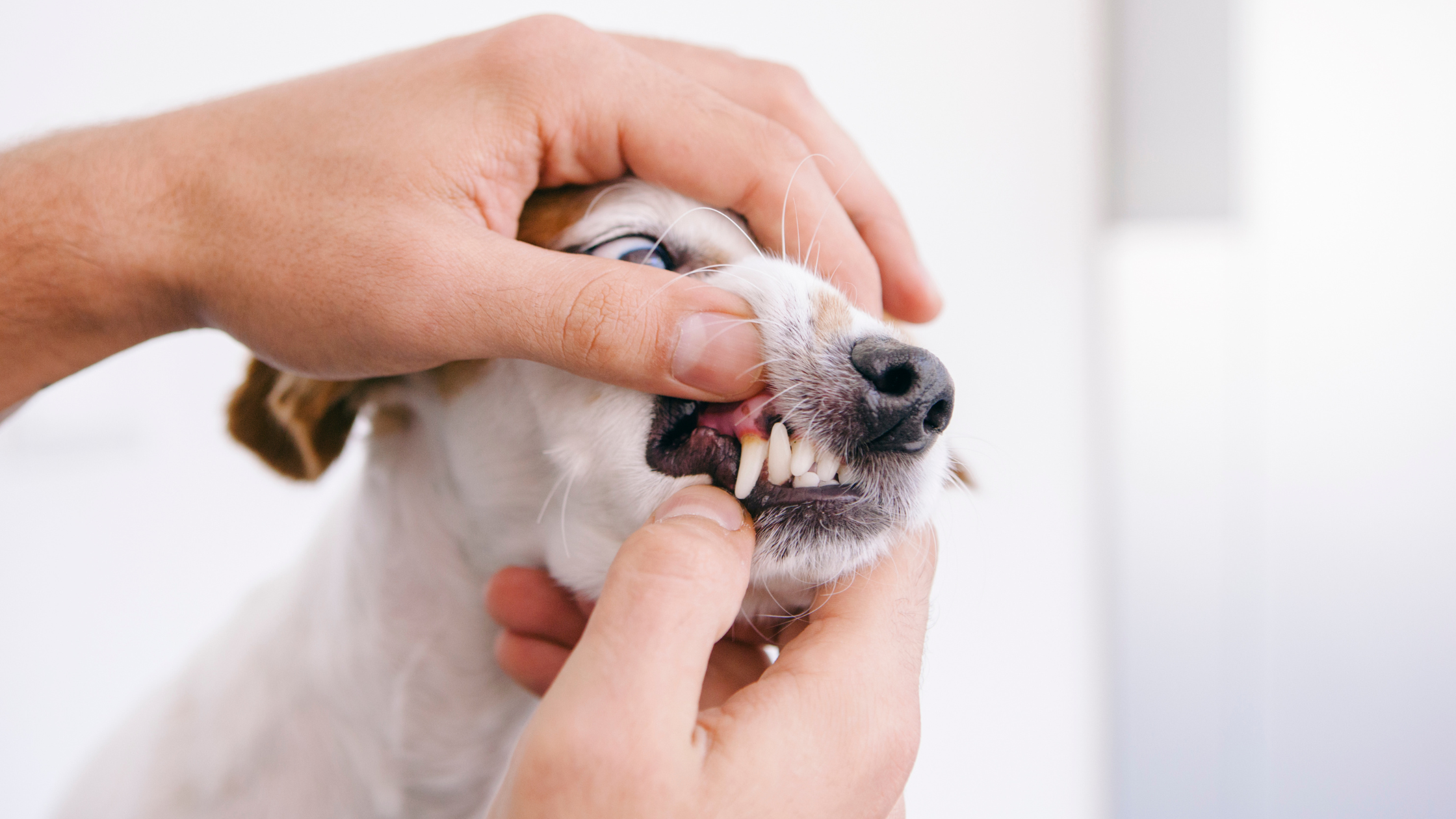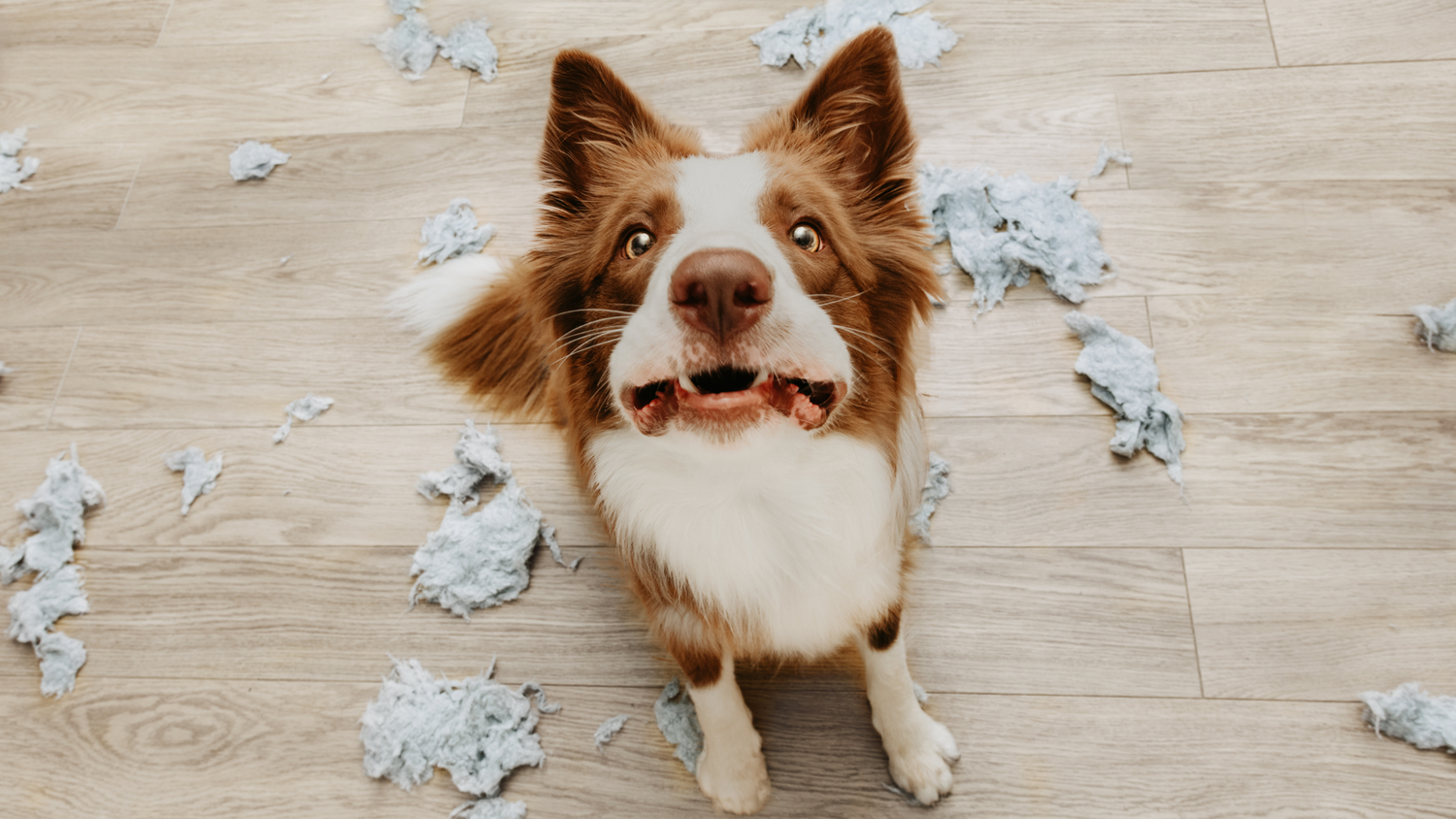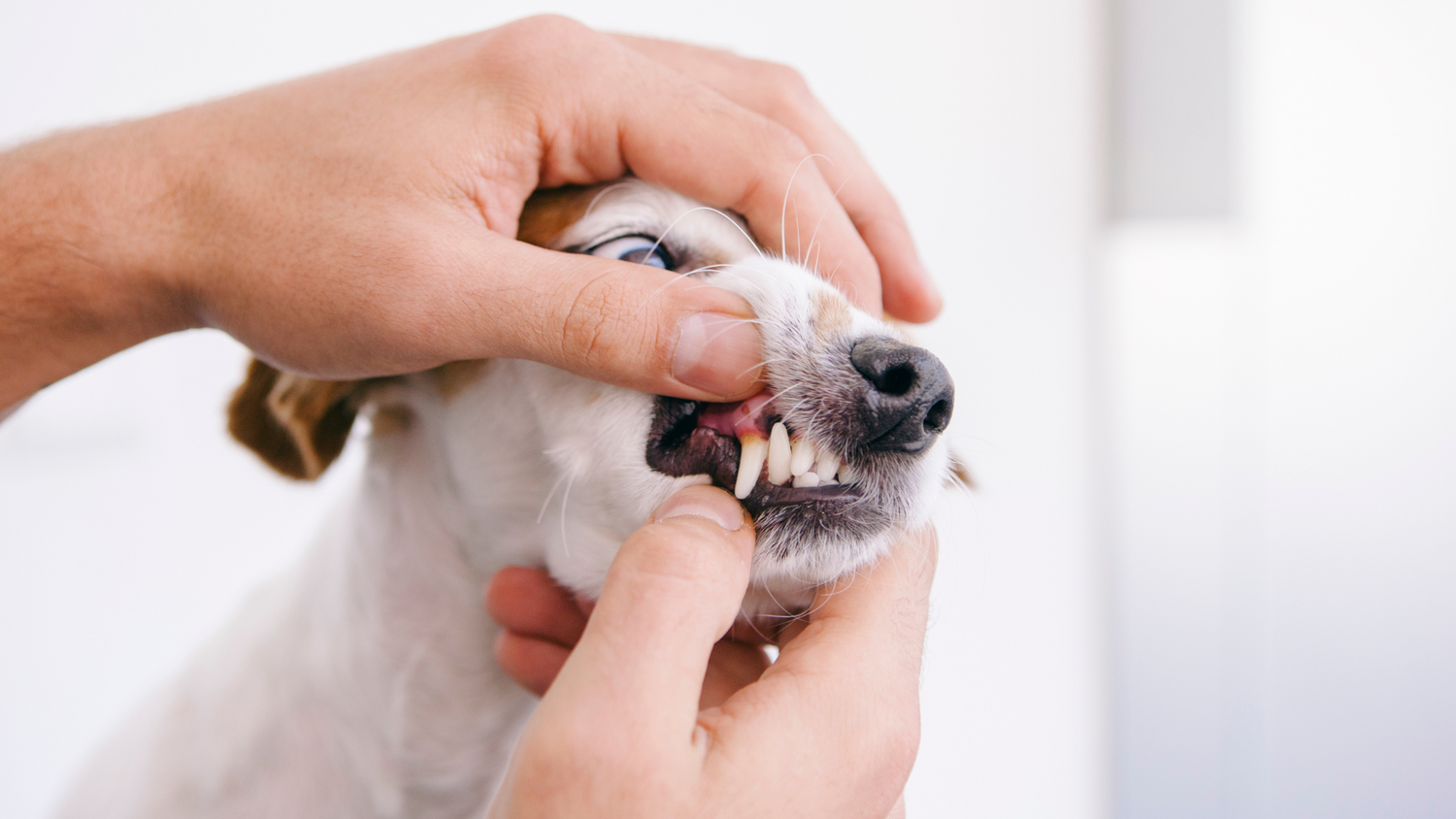Dogs are more than just pets; they're members of our families. And just like any family member, their health and wellbeing are of utmost importance. When it comes to caring for our furry companions, dental health often takes a backseat, but it's a crucial aspect of their overall wellness. Just like humans, dogs can suffer from dental problems such as plaque buildup, tartar, gum disease, and tooth decay. However, with proper care and attention, we can ensure our pet’s dental hygiene stays in great condition for years to come. Here's a comprehensive guide to maintaining your dog's dental health:
1. Start Early
As with any habit, establishing a dental care routine early on is key. Introduce your puppy to tooth brushing and mouth inspections from a young age. This helps them become accustomed to the process and reduces resistance as they grow older.
2. Brushing
Yes, you read that right! Just like humans, dogs benefit greatly from regular tooth brushing. Use a soft-bristled toothbrush and dog-friendly toothpaste to gently brush their teeth at least 2-3 times a week. Focus on the outer surfaces and pay attention to the back teeth where plaque tends to accumulate the most.
3. Healthy Diet
Diet plays a significant role in maintaining your dog’s dental health. Try to minimise heavy carb loaded foods and sugary treats and opt for more fresh, high quality foods.
4. Bust The Myths
We’ve been told for years that kibble cleans your pet’s teeth. This is in fact not true and can actually promote dental disease long-term. Kibble is often swallowed whole but even if it is chewed, it is brittle and simply shatters- providing no abrasive force against the teeth. As most kibble is made up of low quality carbohydrates, these can disturb the bacteria within the mouth causing a bad balance of good and bad bacteria. This bad balance can promote the accumulation of plaque and tartar build up.
5. Watch For Warning Signs
Keep an eye out for any signs of dental problems, such as bad breath, swollen gums, excessive drooling, or reluctance to eat. These could indicate underlying issues that require attention from a vet.
6. Stay Consistent
Consistency is key when it comes to maintaining your dog's dental health. Make dental care a regular part of your routine and stick to it. Your furry friend will thank you for it with a bright, healthy smile!





